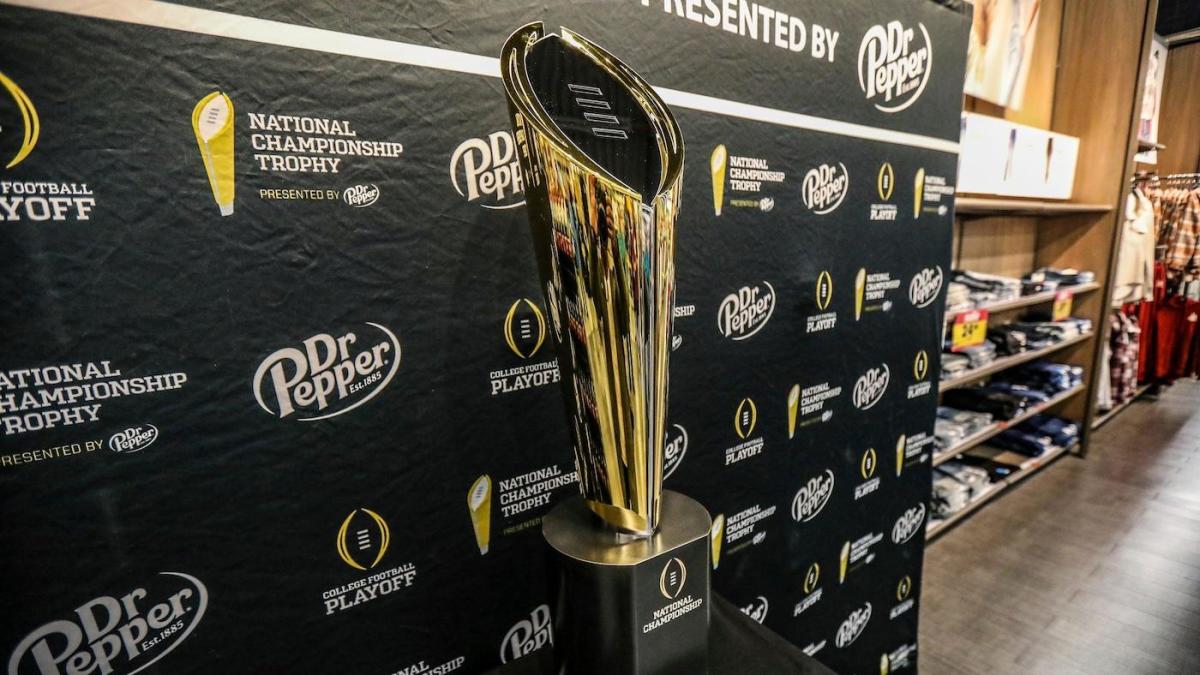The SEC and B1G strategies are relatively easy to see.
SEC wants 'brand' names from contiguous states.
B1G prefers the large state public school, preferrably AAU, with major media markets.
I've seen charts that show ACC's revenue continue to outpace B12 revenues by increasing margins over the next decade. Of course those same charts also show B1G and SEC revenues continuing to outpace ACC revenues by increasing margins over the same timeframe.
I read an article last week (wish I could remember where) that ACC schools would receive $62M per team for their media contract at the end of its current term (2036).
UNC AD Cunningham had an interesting interview last week. He was very critical of FSU and said if what FSU says is true than they should have to pay even more to leave the conference. He also said their no vote on expansion was not necessarily a no to expansion. He said he felt if they were going to expand they should expand national, up to 21 teams and create regional divisions that would then play the championships. Felt it would be better for the SA's by reducing travel costs significantly (which would also help the budgets).
We'll see where everything stands after the judicial decisions. If the judicial system decides that the GOR is a binding document than FSU has almost no leverage. The GOR is between a conference and its members, the media content providers are not involved with that. Even if ESPN has the option to drop the ACC contract and chose to do so, that doesn't necessarily invalidate the GOR. Nowhere in the GOR does it say it ends if their is no media deal. At that point ACC would still own the media rights of its members and could look for a contract from non ESPN media interests.
FSU can leave the ACC anytime it wants, it just has to pay the exit fee. But it doesn't have its media rights so it has no value to any media content provider or network until it does.
Fans also continue to overstate the value of the properties. The market is pretty well set right now. A power conference program is worth about $30M in 2024. Might be worth alot more in the future, but have to wait and see on that.
I'm not as convinced as some that ESPN is out to destroy the ACC. They get alot of content from the ACC - particularly in FB and BB. Simply moving 2-4 teams to another conference ESPN has an agreement with is not going to fill all those broadcast slots.
With the way college athletics is moving it feels like the next break for it is going to be those that want to spend alot of money to pay athletes and those that don't.
I'm not convinced there is a ton of movement left for the Big 2. They are not going to want to expand in any way that would dilute their payouts.
I feel like the SEC may ultimately add 2-4 more teams. Given they have little desire to be a 'national' conference as stated by Sankey himself, they likely would like a school each from NC and VA (I expect UNC and UVA would be their first 2 choices, but they'd be ok with NC ST and VT). Maybe they look to add a 'brand' or 2 (that is where FSU and Clemson come in for me as a possibility).
For B1G, I expect they would like a Southern/Atlantic pod. I think UNC and UVA would be their top 2 choices. Then I think GT and Miami would probably be next in line. I think they would take Duke if it would get them UNC. They would like ND more than anything else, but I don't think ND joins a conference.
ND is going to want the ACC to survive as it needs a place for all its non-FB sports and it doesn't really want to join either the SEC or B1G or B12. ND doesn't see an academic fit with either SEC or B12 and it worries about joining the B1G because it is scared they will become to be seen as more of a private, regional school than a national university. They argued very hard for the inclusion of Stanford and Cal. They had their reasons for that.
Finally, talking about the upcoming court cases. There has been discussion on the board about the ESPN option and FSU's argument that ACC was not acting in its members fiduciary benefit. That could be very easy to dispel in court. If the ESPN option was something that was required to get the ACC Network, then the ACC was operating in its fiduciary responsibility because not to allow it would have cost each ACC school millions of dollars per year in lost revenue.

